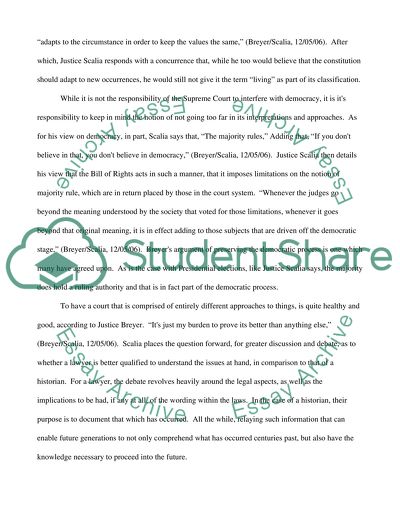Cite this document
(“Political Paper Essay Example | Topics and Well Written Essays - 1250 words”, n.d.)
Retrieved from https://studentshare.org/miscellaneous/1499972-political-paper
Retrieved from https://studentshare.org/miscellaneous/1499972-political-paper
(Political Paper Essay Example | Topics and Well Written Essays - 1250 Words)
https://studentshare.org/miscellaneous/1499972-political-paper.
https://studentshare.org/miscellaneous/1499972-political-paper.
“Political Paper Essay Example | Topics and Well Written Essays - 1250 Words”, n.d. https://studentshare.org/miscellaneous/1499972-political-paper.


